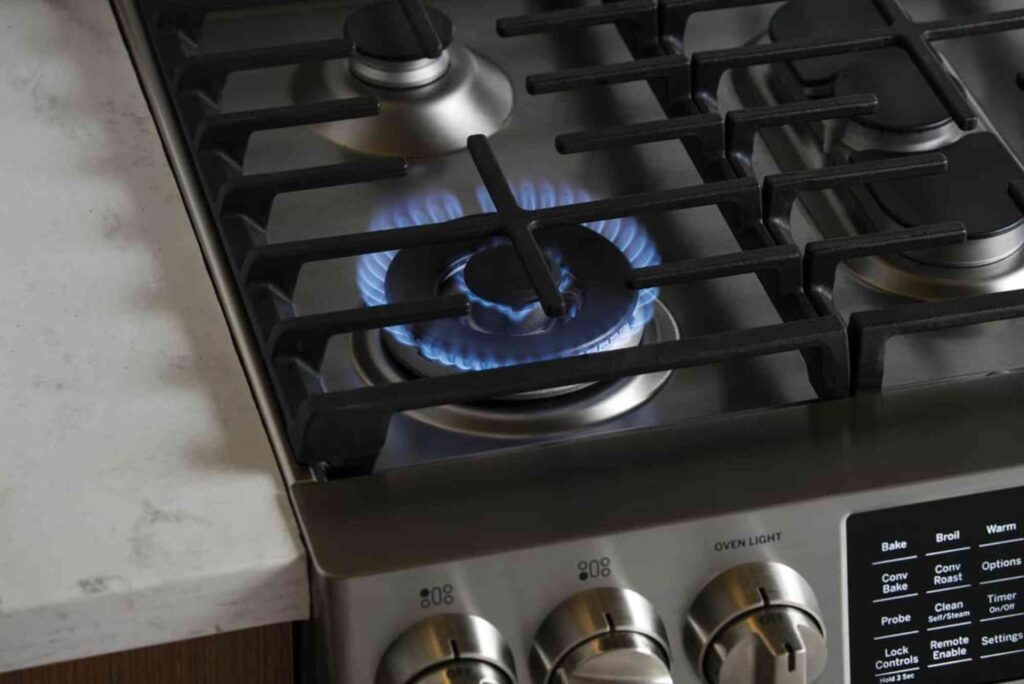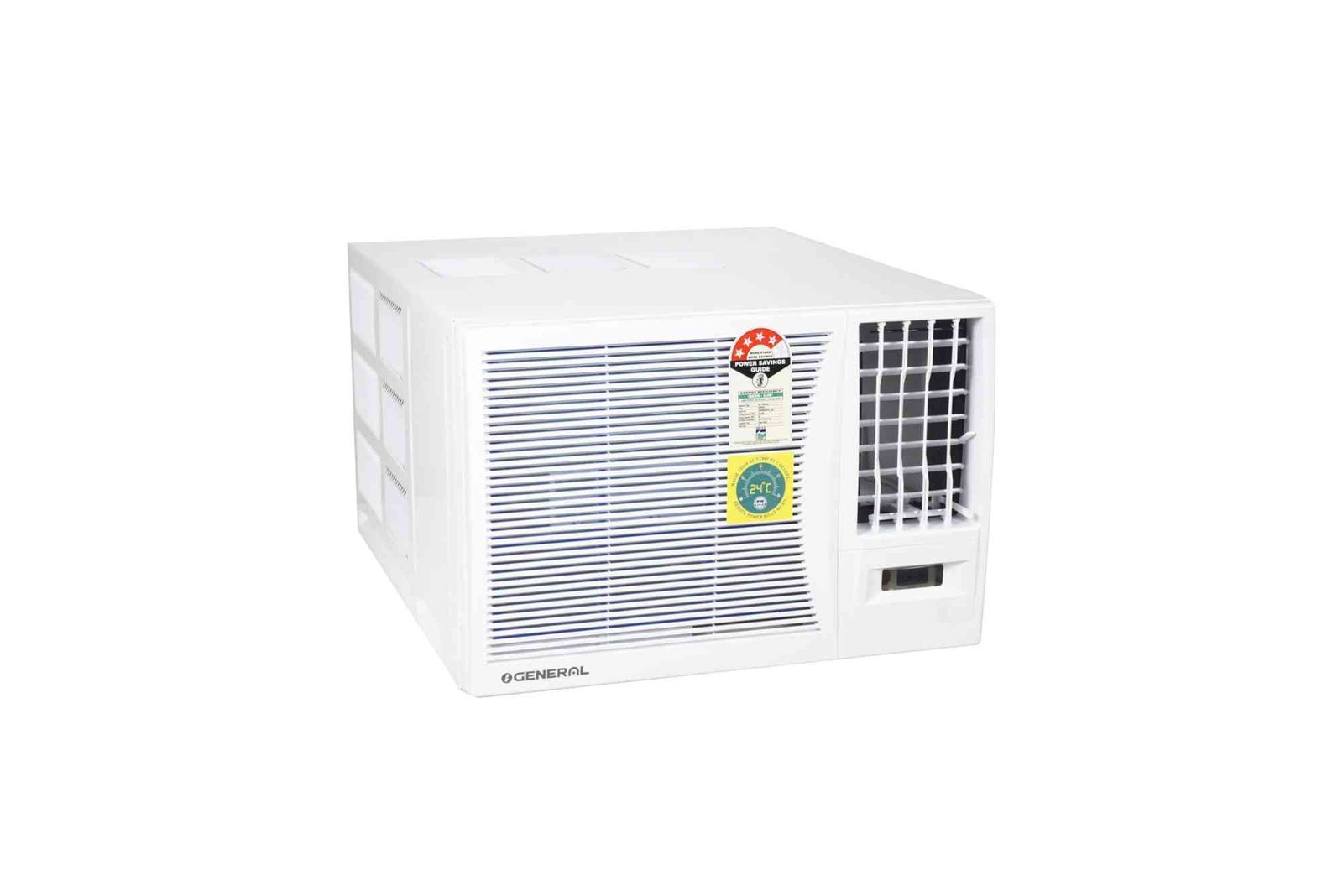Introduction
If your gas stove makes a popping sound, it can be concerning. A gas stove is an essential part of modern kitchens, so any unusual noise, such as popping or cracking, warrants immediate attention. These sounds may indicate problems ranging from minor debris build-up to more significant issues like improper gas pressure or ignition malfunctions. Here’s everything you need to know about identifying the source of the problem and fixing it.
Common Causes of a Gas Stove Popping Sound
A popping sound on a gas stove can stem from several underlying issues. Understanding these causes is the first step toward proper troubleshooting:
Burner Cap Misalignment: If the burner cap isn’t properly seated, gas flow can become uneven, causing popping noises.
Gas Pressure Problems: Low or high gas pressure disrupts smooth combustion, often creating loud noises.
Ignition Issues: Faulty igniters or delayed ignition can result in sudden gas ignition, which makes popping sounds.
Debris Build-Up: Grease, food particles, or dirt clogging the burners can obstruct the flow of gas.
Moisture in the Burner: Spills or improper cleaning can introduce moisture, leading to popping during ignition.
By addressing these issues early, you can ensure your gas stove operates safely and efficiently.
Troubleshooting
Below is a detailed guide to help you identify and fix the source of the popping sound:
Check the Burner Cap
- Turn off the stove and let it cool completely.
- Remove the burner cap and inspect it for any misalignment or damage.
- Clean the cap and place it back securely. Ensure it sits flush to avoid uneven gas flow.
Inspect Gas Pressure
- Gas pressure issues often require professional intervention.
- Call a technician specializing in Stove Repair in Dubai to check the gas regulator and supply lines.
Clean Burner Components
- Disassemble the burner, if possible, and inspect for debris or grease.
- Use a soft brush and soapy water to clean the burner holes. Avoid harsh chemicals that could damage the components.
- Let everything dry completely before reassembly.

Inspect the Ignition System
- Check the igniter for dirt, cracks, or any visible issues.
- If the igniter is faulty, replace it. Consult a technician at Az Repair Dubai for professional assistance if needed.
Dry Any Moisture
- If the burners are wet, allow them to air dry or use a soft cloth to absorb moisture.
- Avoid using the stove until it’s completely dry to prevent further issues.
A gas stove making a popping sound is not only annoying but also a potential safety concern. Common culprits include burner misalignment, clogged burners, or ignition issues. By following the troubleshooting steps outlined above, you can identify and resolve the issue effectively. For persistent problems, professional assistance is crucial. Contact Stove Repair in Dubai to ensure your stove is functioning safely and efficiently. Regular maintenance with trusted services like Az Repair Dubai will keep your stove in excellent condition for years to come.
Related FAQs
1. Is a popping sound dangerous on a gas stove?
A popping sound can indicate potential safety hazards, such as gas leaks or improper combustion. Address the issue immediately to prevent accidents.
2. Can I fix ignition problems on my own?
Yes, you can clean and inspect the igniter for dirt or damage. However, for more complex issues, contact Az Repair Location for expert help.
3. How do I prevent popping sounds in the future?
Regular cleaning, ensuring proper burner cap alignment, and scheduling periodic maintenance with experts like Az Repair Dubai can help prevent such issues.
4. Should I be concerned about gas leaks if I hear popping?
Popping sounds can sometimes indicate gas pressure issues or minor leaks. Always err on the side of caution and consult a technician.
5. How often should I clean my gas stove burners?
Clean your burners weekly or immediately after spills to avoid debris build-up, which can cause popping sounds.

